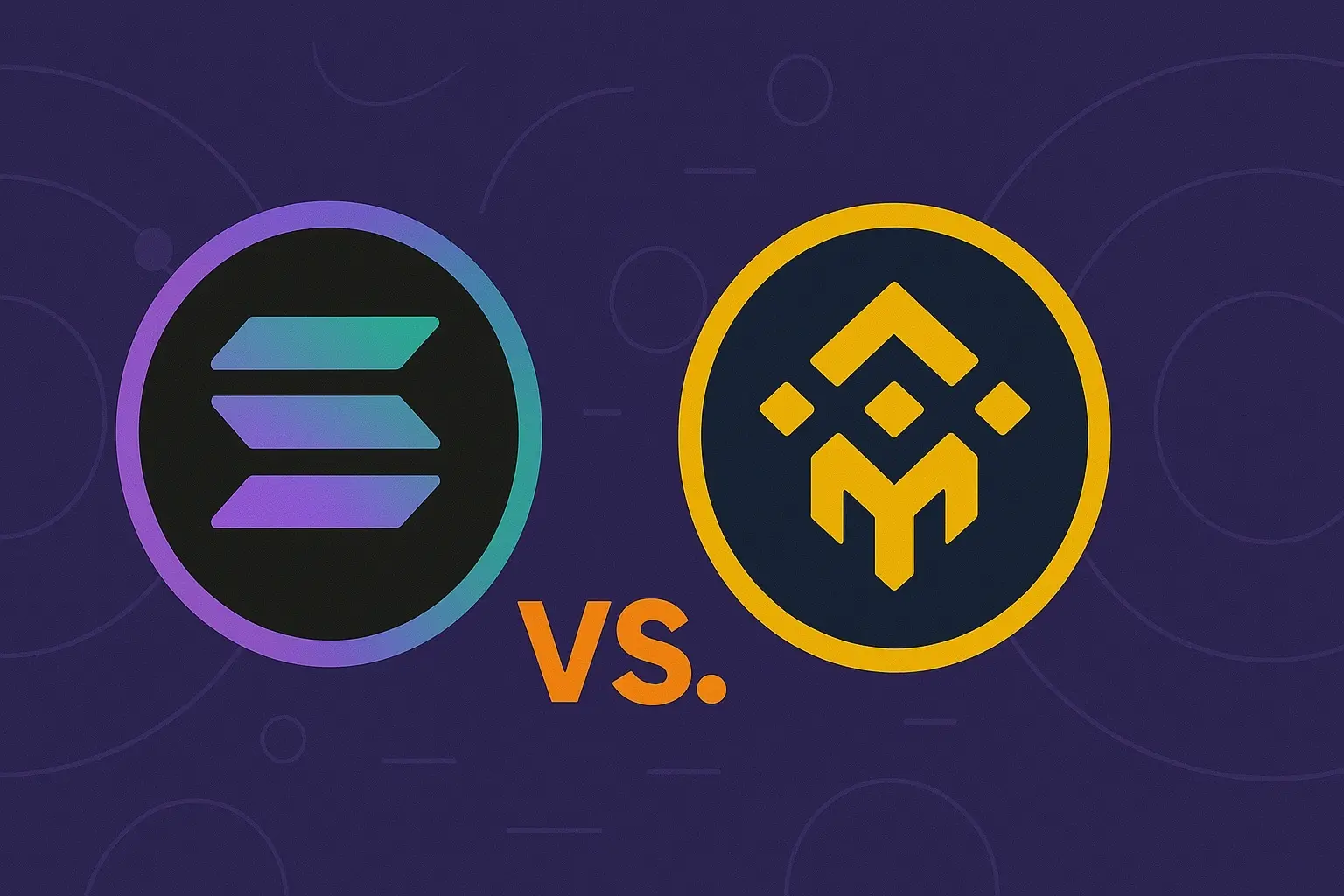SEC: Memes are not securities, but fraudulent activities will still be regulated
Original Title: "SEC says memecoins aren't securities, but fraud will still be policed"
Author: Jesse Coghlan, CoinTelegraph;
Compiled by: Deng Tong, Jinse Finance
The U.S. Securities and Exchange Commission states that it does not consider memecoins to be securities, but warns that any fraudulent tokens may still be subject to enforcement actions by other regulatory agencies.
The agency's Division of Corporation Finance stated in a release on February 27 that, in its view, memecoins "do not involve the issuance and sale of securities as defined by federal securities laws" and are "similar to collectibles."
"Therefore, individuals participating in the issuance and sale of memecoins do not need to register their transactions with the Commission," the SEC said.
It added that buyers and holders of memecoins are not protected by U.S. securities laws, but noted that fraudulent issuance and sale of memecoins "may be subject to enforcement actions or prosecutions by other federal or state agencies."
The SEC further stated that it shares its views "as part of an effort to make the application of federal securities laws to crypto assets clearer."
Former President Donald Trump has taken steps to reduce the SEC's oversight of the cryptocurrency space, hoping to fulfill a campaign promise. The agency established a cryptocurrency working group last month aimed at creating a framework for digital assets.
Trump and First Lady Melania Trump launched a memecoin just days before he took office on January 20, which drew criticism from many cryptocurrency commentators and some Trump supporters.
According to CoinGecko, Donald Trump's memecoin Official Trump (TRUMP) has fallen nearly 83% from its peak, while Melania Trump's token Melania Meme (MELANIA) has dropped 93.5% from its peak.

Before Trump took office, the daily trading price of the TRUMP memecoin peaked at $73.43, but is now around $12.66. Source: CoinGecko
Before the SEC's statement, ABC News reported that House Democrats would introduce a bill to prohibit public officials, including the president, from issuing, sponsoring, or endorsing any securities, commodities, or digital assets, including memecoins.
The SEC stated in its release that memecoins "typically have limited or no use or function" and "often experience significant market price volatility."
It added that memecoins do not meet the definition of "'securities' as explicitly listed in common financial instruments"—such as stocks or bonds—because they do not provide rights to "future income, profits, or assets of the enterprise."
The SEC stated that memecoins do not meet the definition of "investment contracts" under the Howey test—funds invested in a common enterprise (e.g., a business) with the expectation of profits from the efforts of others.
"The issuance and sale of memecoins do not involve an investment in a business, nor are they intended to reasonably expect profits from the entrepreneurial or managerial efforts of others," the agency said.
"In other words, memecoins themselves are not securities."
The SEC added that its statement does not apply to memecoins that do not align with its description, nor does it apply to any products labeled as meme coins that attempt to "evade securities laws by disguising products that would otherwise constitute securities."
"The Division will evaluate the economic realities of specific transactions," it said.
SEC Commissioner and head of the agency's crypto working group Hester Peirce stated earlier this month that many memecoins "may not find a foothold with the SEC under our current regulations."










